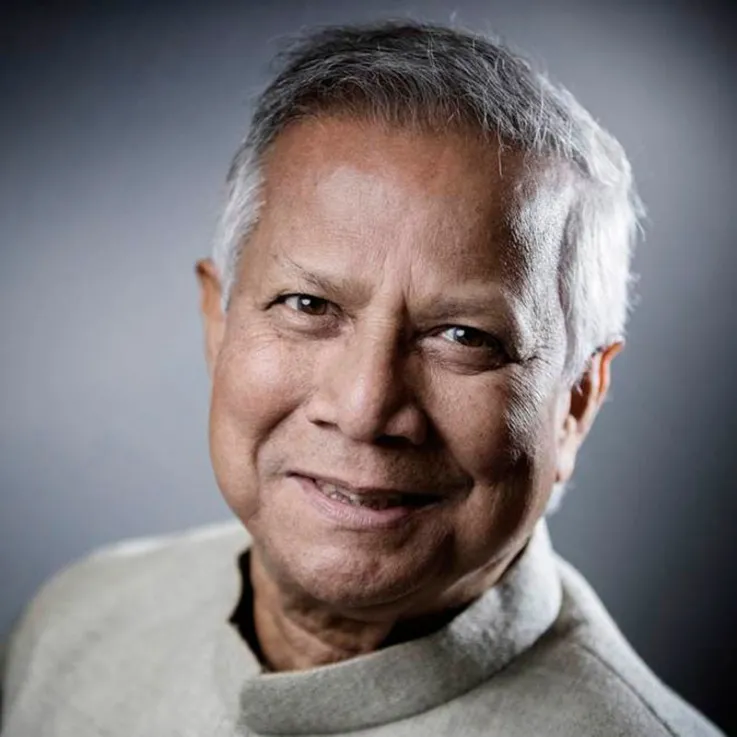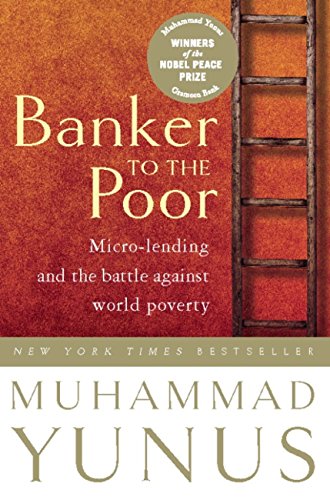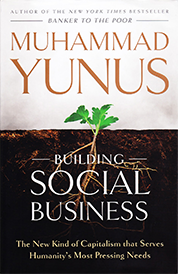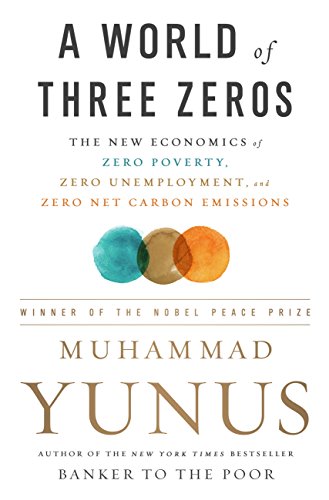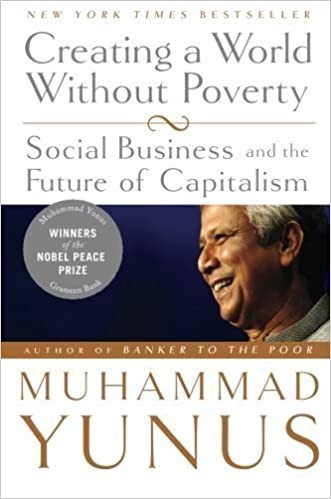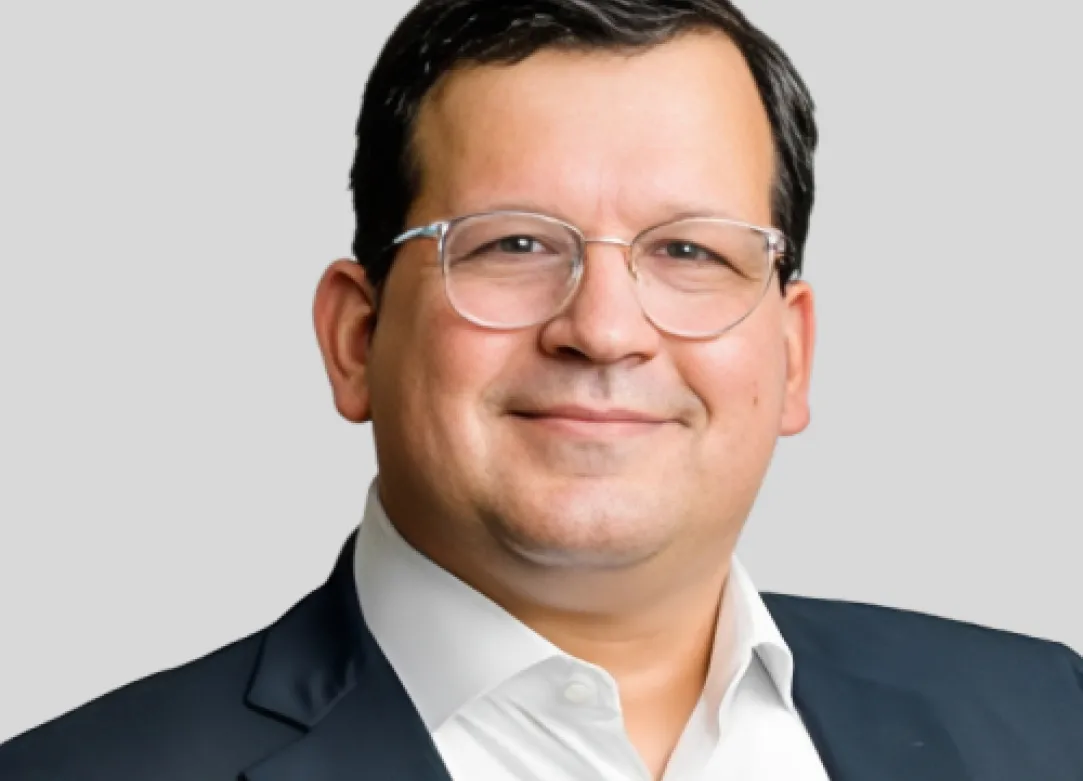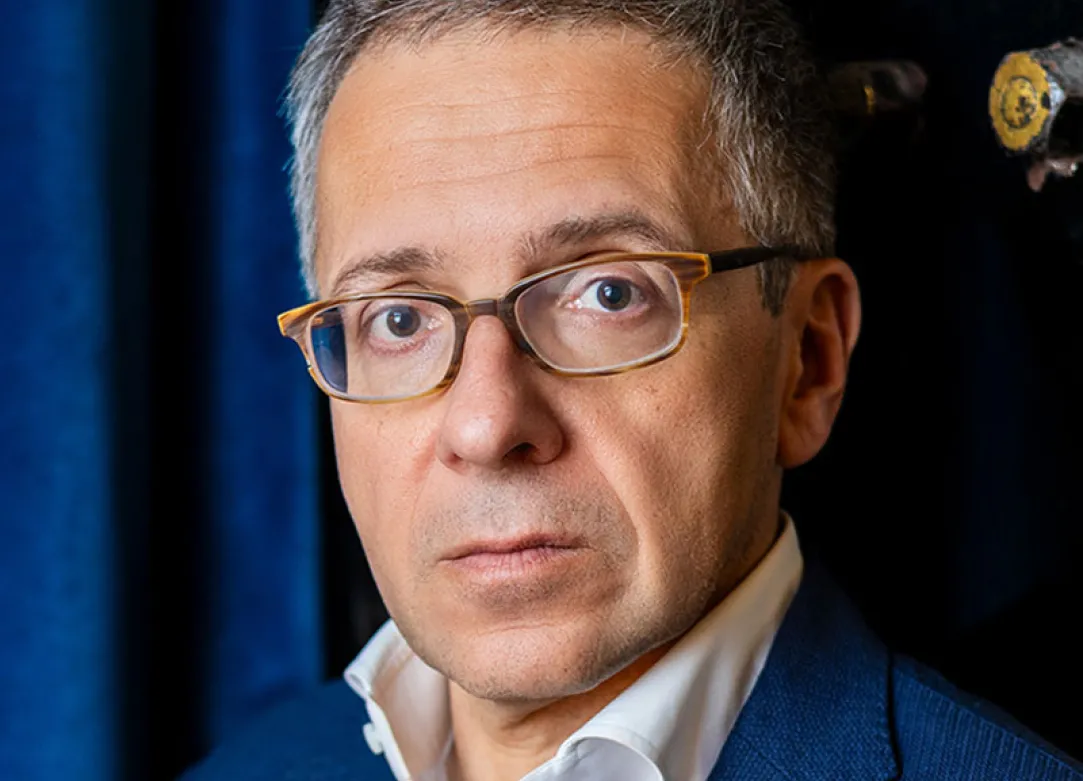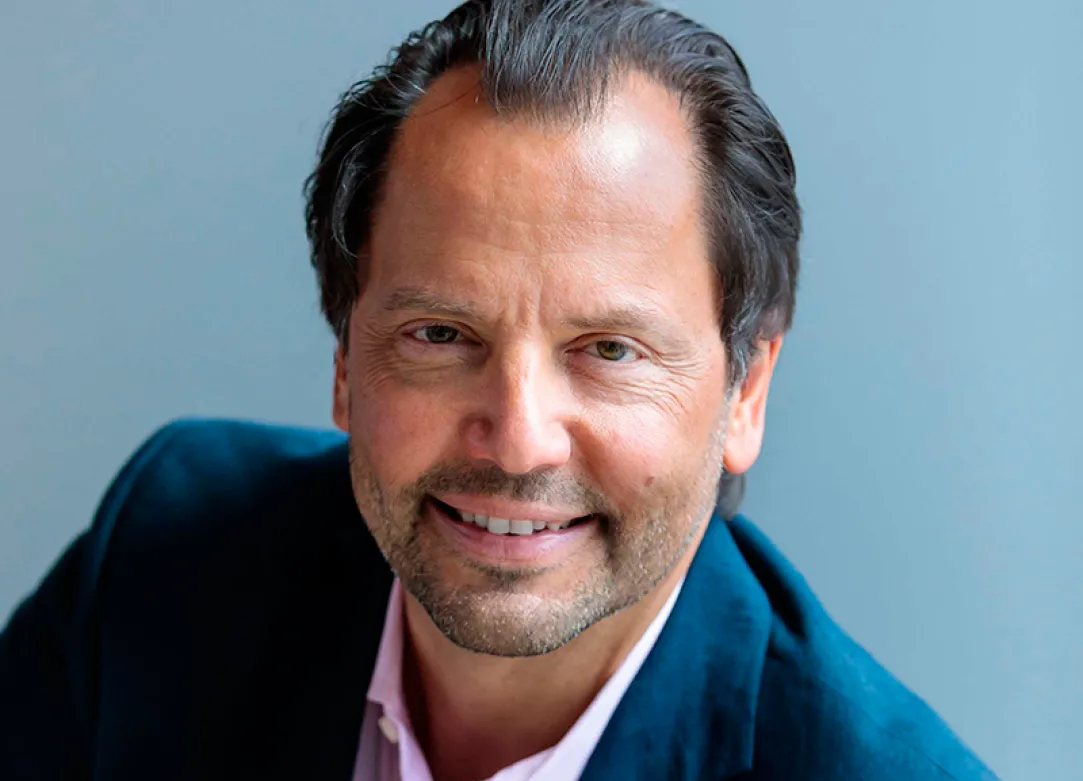Nobel Laureate Professor Muhammad Yunus is the founder of Grameen Bank, pioneering the concepts of microcredit and social business, founding more than 50 Social Business companies in Bangladesh, fueled by the belief that credit is a fundamental human right. His objective was to help poor people escape from poverty by providing loans on terms suitable to them and by teaching them a few sound financial principles so they could help themselves.
For his constant innovation and enterprise, the Fortune Magazine named Professor Yunus in March 2012 as "one of the greatest entrepreneurs of our time." He is acknowledged globally as responsible for many innovative programs benefiting the rural poor. At the Opening Ceremony of the Olympic Games Tokyo 2020 Professor Yunus was conferred with the Olympic Laurel award for his extensive work in sports for development, bringing the concept of social business to the sports world.
In 2006, Professor Yunus and Grameen Bank were jointly awarded the Nobel Peace Prize.
Professor Muhammad Yunus holds a Ph.D in Economics from Vanderbilt University (U.S) and is the recipient of 63 honorary degrees from universities across 26 countries. He has received 143 awards from 33 countries including state honours from 10 countries. He is one of only seven individuals to have received the Nobel Peace Prize, the United States Presidential Medal of Freedom and the United States Congressional Gold Medal. He has appeared on the cover of Time Magazine, Newsweek and Forbes Magazine. Also, he currently serves on the board of many international organizations, including the the board of the United Nations Foundation..
Professor Yunus has been stressing the need for a basic decision of 'No Going Back' to the old ways of thinking and doing. He proposes to create new roads to go to a new destination by creating a World of 3 Zeros - zero net carbon emission, zero wealth concentration for ending poverty once for all, and zero unemployment by unleashing entrepreneurship in everyone.
His recent focuses include:
- Since 2020, Professor Yunus has been campaigning for making the Covid 19 Vaccine as a Global Common Good, urging the World Trade Organization to place a temporary waiver on Intellectual Property rights on vaccines to free up the global capacity to produce vaccines at all locations around the world.
- Professor Yunus has launched a programme of creating a network of 3ZERO Clubs, each club to be formed by five young people. The programme aims to engage the global youth in initiating actions for creating solutions for global problems.
